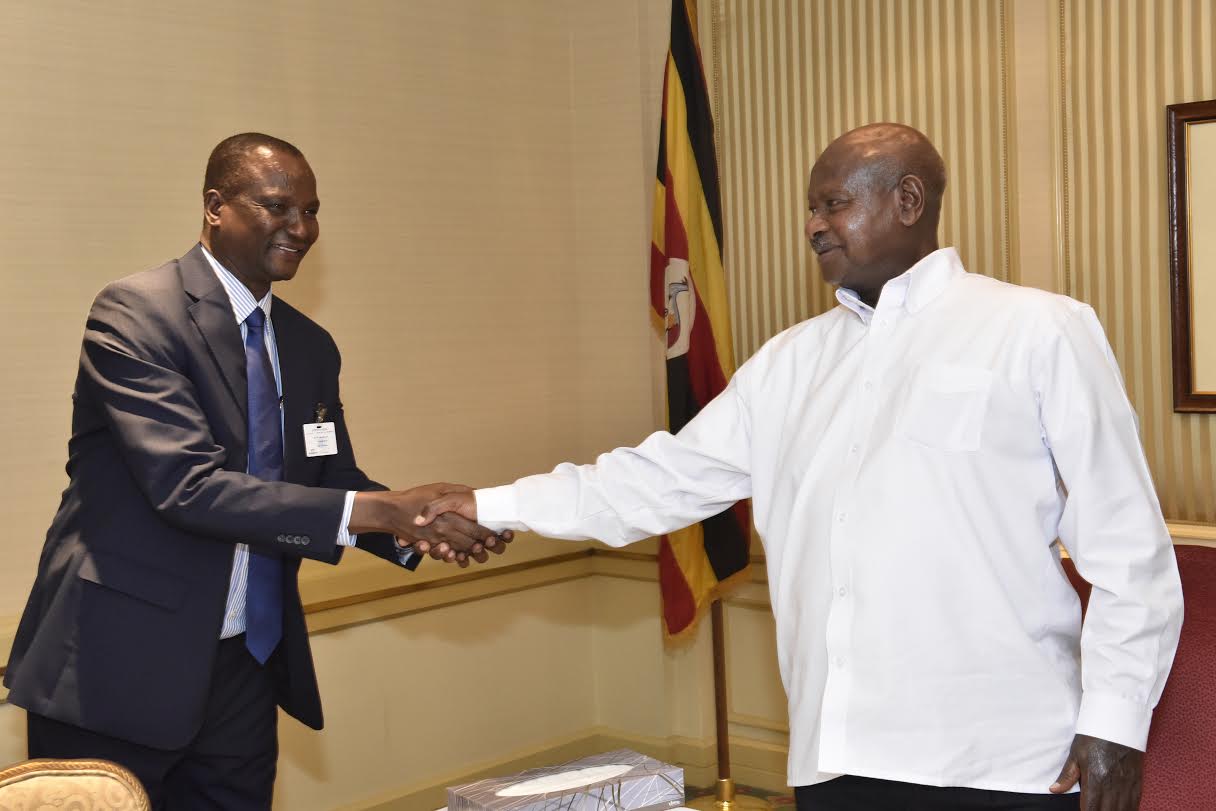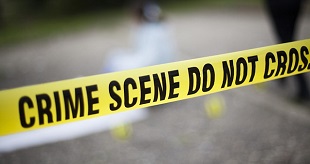
United Nations, United States | AFP |
South Sudan’s new vice president on Friday urged the United States not to push for an arms embargo while objecting to details of a planned UN-backed protection force in his war-scarred capital.
“We are very much concerned because South Sudan does not need an arms embargo,” First Vice President Taban Deng Gai told AFP in an interview on the sidelines of the UN General Assembly. “We don’t need more suffering.”
Washington has threatened to push for a UN arms embargo on the world’s youngest nation if Juba blocks the deployment of a new regional protection force of 4,000 troops and impedes the work of UN peacekeepers.
UN peacekeeping chief Herve Ladsous said Friday that there had been no progress on the force’s deployment.
“There have been contacts with the government but they have not been translated into progress,” he told reporters.
Under the current schedule, UN Secretary General Ban Ki-moon expects to update the Security Council next month on whether South Sudan is cooperating.
“This is a beautiful country that they have helped us liberate,” Deng told AFP. “Why destroy it? Why destroy it imposing external solutions?”
“The Americans should support us in strengthening the capacity of our police, insulating our army, helping us train this army so that it is professional.”
Deng said the primary objective of his visit was to tell the Americans, South Sudan’s biggest humanitarian donors, that the country was back on track.
‘War over’
“I can report to you with confidence that the situation in our country is stable, peaceful and that my government is functioning and life is returning back to normal,” he told the General Assembly.
But it was statement few would believe.
Two and a half years of fighting has killed tens of thousands of people and driven more than 2.5 million from their homes, including more than a million refugees, exacerbating the worst global refugee crisis since World War II.
Countless villages have been burned to the ground, almost half the population relies on food assistance for survival, and human rights organizations say government and rebel forces have frequently used rape as a weapon of war.
The fighting erupted in December 2013 between supporters of President Salva Kiir and his archrival Riek Machar, whom Kiir accused of plotting a coup.
Hopes of ending the conflict rose in April, when Machar returned to Juba to take up the job of vice president in a national unity government headed by Kiir.
But deadly fighting erupted once again in Juba in July, leaving hundreds dead. Machar fled to Khartoum for what Sudan called “medical treatment” and Deng was suddenly appointed as his replacement.
That flare-up prompted the Security Council vote to deploy the new force, which will be under the command of the UN peacekeeping mission.
The United Nations wants it to provide security in the capital and at the airport, and protect UN facilities.
‘Waste of resources’
South Sudan reluctantly agreed to the deployment earlier this month but then irritated the West by asking to re-negotiate the force’s size.
Deng voiced numerous objections during his interview with AFP.
“It’s a waste of resources,” he said. “Juba is peaceful, the airport is running 24 hours, so protection for what? For what purpose really? We don’t understand.”
South Sudan does not want to surrender its airport to foreign troops and has requested a list of installations to be protected, he said.
“Give Salva Kiir a chance, he is the president, help him to deliver especially that he has agreed to go into elections in two-and-a-half years or three years,” he insisted.
“If the people of South Sudan do not like him, they will vote him out. If they like him, they will maintain him,” Deng added.
Claiming the civil war was over, he accused Machar of inciting violence “for people to go back to civil war.”
“I don’t think he will just jump in a plane then go to Juba, of course if he does so, then he will be arrested,” he said. “But if it is going to be a process for him to go to Juba, then I believe the situation will be conducive for him to return.”
Ladsous said Friday that Machar “represents a very important element” of the South Sudanese community. “We need inclusivity,” he said.
 The Independent Uganda: You get the Truth we Pay the Price
The Independent Uganda: You get the Truth we Pay the Price



